Editorial Ta Nea: Geopolitical fronts and poles
That many countries of Asia, Africa, and Latin America view Western sensitivities regarding the Russian invasion of Ukraine as selective does not necessarily lead them into Moscow’s embrace.
The name Shanghai Cooperation Organisation does not strike one as particularly ambitious.
When it was established 26 years ago, its objective was to stabilise the nations of Central Asia.
The fact that today this organisation has evolved into an “Authoritarian International” and an “anti-Western front of denial” demonstrates how much it has changed over all these years.
Yet, appearances can be deceiving.
The interests of the leaders who met this week in Samarkand are often conflicting, and the alliance is incongruous.
Russian President Vladimir Putin would very much like to secure China’s support.
Xi Jinping, however, raised questions about the war in Ukraine and did not attend the leaders’ dinner, citing concerns over Covid-19.
Turkish President Recep Tayyip Erdogan is trying to counterbalance Turkey’s distancing itself from Europe by shifting his focus to the East, yet in Nagorno-Karabakh he supports a different camp than Moscow.
New Delhi does not maintain the best of relations with Beijing, and it does not want to rupture its ties with the West.
Just as our world is no longer bipolar, so, too, its geopolitical fronts are not yet clearly defined.
The fact that many countries of Asia, Africa, and Latin America view Western sensitivities regarding the Russian invasion of Ukraine as selective does not necessarily lead them into Moscow’s embrace.
Europe and the US, therefore, should not treat these countries as opponents or as competitors.
Instead, they should try to persuade them that it is in their interest to side with liberalism and not authoritarianism.
Putin’s Russia would very much like to revive the “Great Game” of the 19th century, involving the clash between the Russian Empire and the British Empire over domination of Afghanistan and other Central Asian countries.
However, even Xi is reluctant.
For the time being, the Shanghai Cooperation Organisation will likely have to limit itself to the organisation of athletic events.
Its future will depend largely on the outcome of the war.
- Συναγερμός για μεγάλη πυρκαγιά σε εργοστάσιο στις Αχαρνές
- Γροιλανδία: ΕΕ και Βρετανία δεσμεύονται για την κυριαρχία της Δανίας, λέει η Ούρσουλα φον ντερ Λάιεν
- Στα «ΝΕΑ» της Δευτέρας: Ελαφρύτερα εκκαθαριστικά
- Δεκατρία σιδηροδρομικά δυστυχήματα με νεκρούς στην Ισπανία από τις αρχές του αιώνα
- Συρία: Ο επικεφαλής των κουρδικών δυνάμεων επιβεβαιώνει τη συμφωνία εκεχειρίας που ανακοίνωσε ο αλ Σάρα
- Η Γερμανία ζητά απάντηση από την ΕΕ στους νέους δασμούς του Τραμπ και θέτει θέμα για την εμπορική συμφωνία
- Ιαπωνία: Η μεγαλύτερη εταιρεία σάλτσας σόγιας αποκτά …γεύση για deals
- Αερομεταφορές: Η κούρσα για την επόμενη γενιά κινητήρων τζετ
Ακολουθήστε το in.gr στο Google News και μάθετε πρώτοι όλες τις ειδήσεις

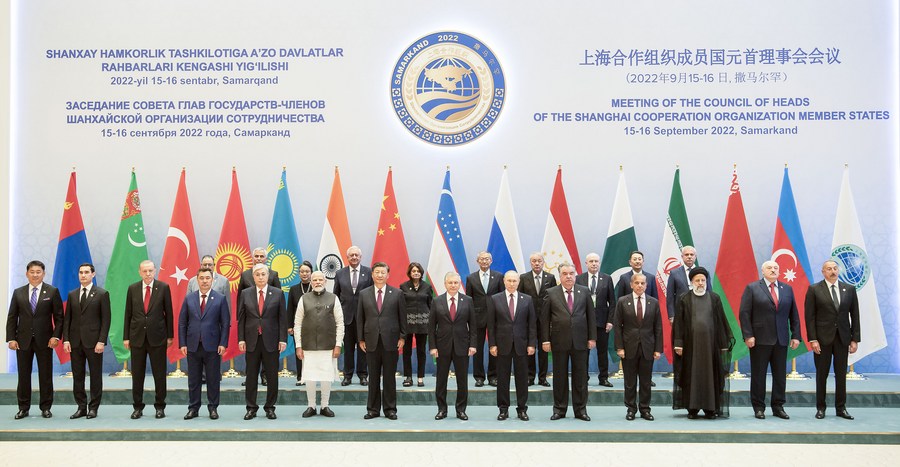






![Άκρως Ζωδιακό: Τα Do’s και Don’ts στα ζώδια σήμερα [Δευτέρα 19.01.2026]](https://www.in.gr/wp-content/uploads/2026/01/lucas-marconnet-Kls_Hq8p-xI-unsplash-315x220.jpg)
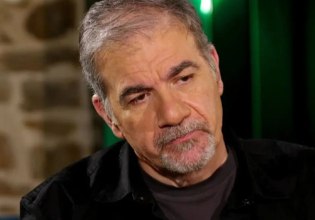
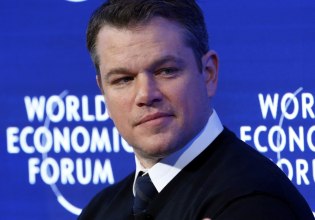

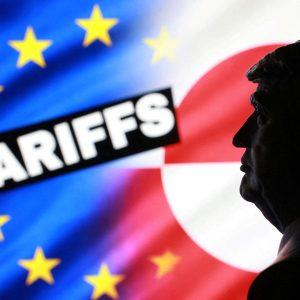








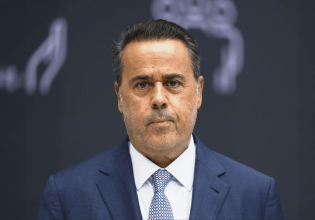















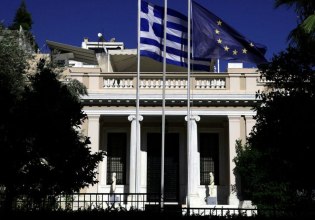

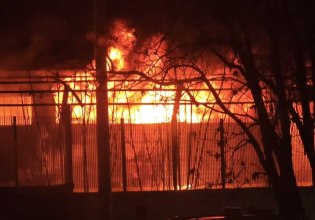
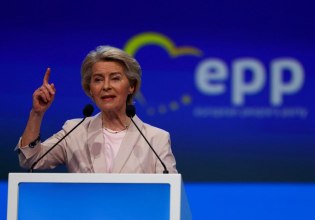


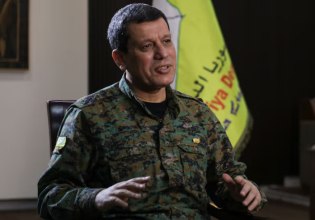
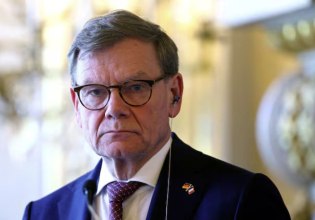



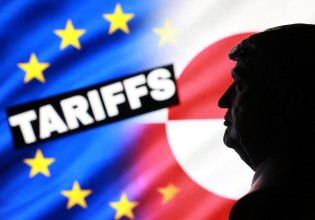
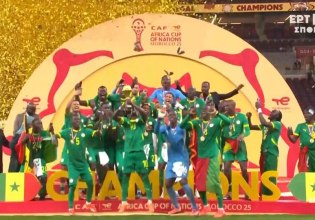




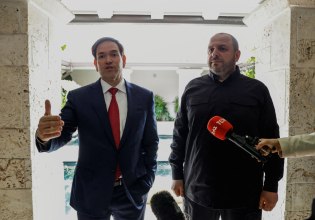






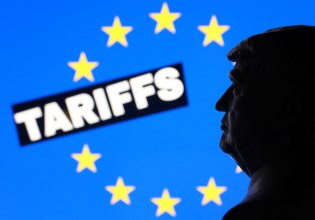
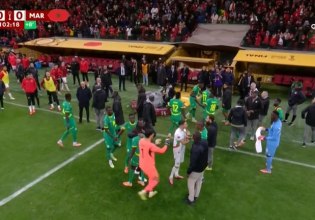

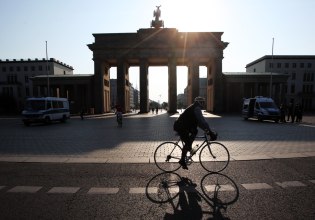




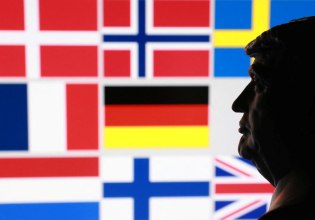


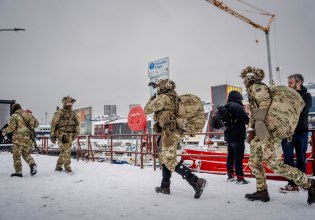



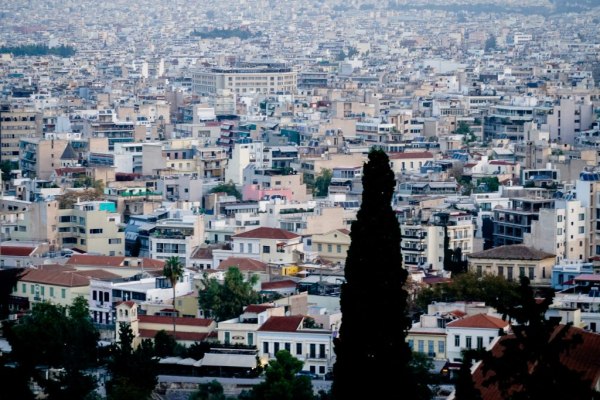
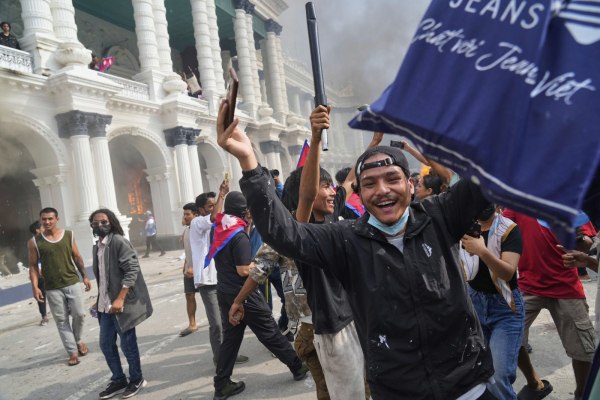
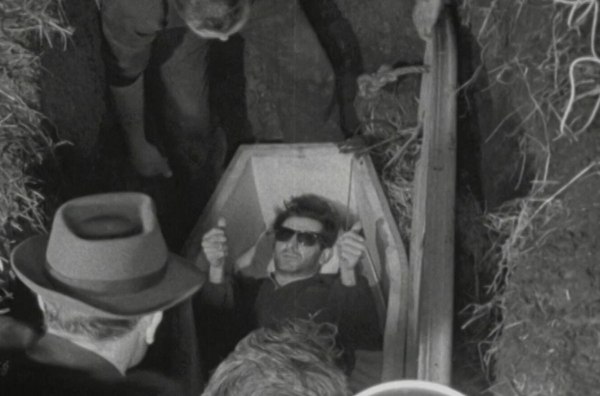




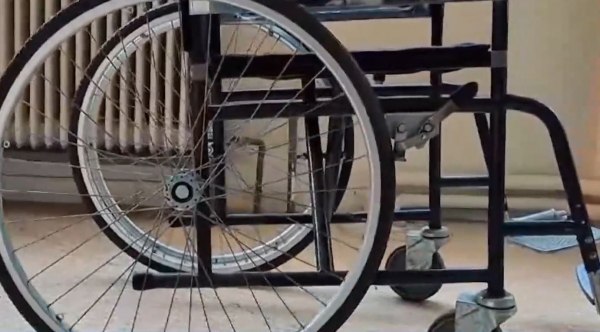
 Αριθμός Πιστοποίησης Μ.Η.Τ.232442
Αριθμός Πιστοποίησης Μ.Η.Τ.232442